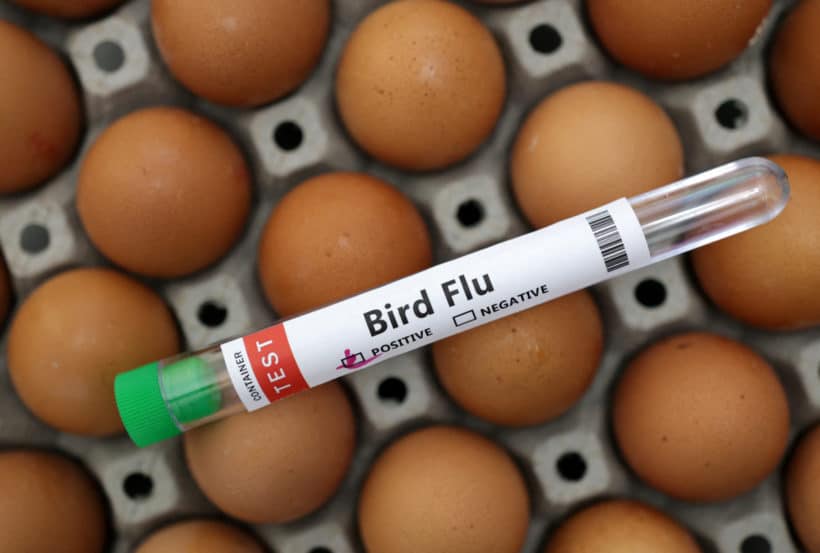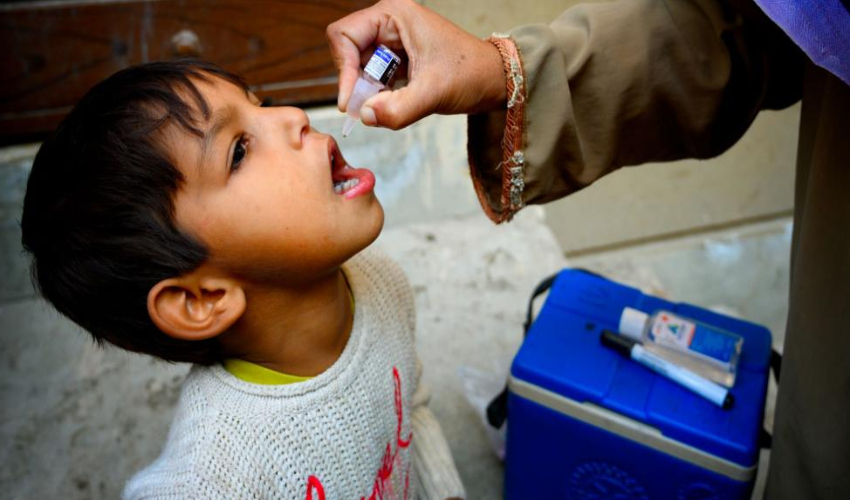The U.S. government has awarded Moderna $176 million to develop a bird flu vaccine. This funding aims to support research and development efforts to create a vaccine that can effectively combat avian influenza, a viral infection that affects birds and can occasionally infect humans.
The ongoing influenza A (H5N1) outbreak, commonly known as bird flu, has infected at least 132 dairy cow herds across 12 states, with three confirmed human cases linked to exposure to sick cows. The virus was first detected in cows on March 25, according to the Centers for Disease Control and Prevention (CDC) data from June 28.
To combat the outbreak, the US Department of Health and Human Services (HHS) announced funding through the Biomedical Advanced Research and Development Authority (BARDA) to support Moderna in developing a pandemic influenza vaccine using mRNA technology. This technology was successfully used in Moderna's COVID-19 vaccine, which was one of the first two vaccines authorized and later licensed by the US Food and Drug Administration (FDA).
The investment will aid in preparing materials, conducting clinical trials to assess safety and immune response, and seeking FDA approval. It will also ensure the vaccine's readiness for large-scale production in the event of a public health emergency, according to the HHS.
Public health experts, including former BARDA director Rick Bright, have welcomed the funding as a significant step in modernizing pandemic response capabilities. Bright noted that new synthetic vaccines could induce broader immunity and be produced rapidly without added adjuvants. However, he raised concerns about the adequacy of testing and transparency in the ongoing H5N1 outbreak, emphasizing the need for more progress in serology testing to track infections and human-to-human spread.
Bright also criticized the US Department of Agriculture (USDA) for not disclosing the size and scope of the outbreak, making it difficult to assess the full extent of the infection among cows. Colorado has emerged as a hotspot, with 26 herds reported to have bird flu cases this year, representing nearly a quarter of the state's herds. Despite the growing number of infected herds, only 53 people have been tested for the virus to date, and the USDA's dairy herd status program has seen limited enrollment.
Experts warn that the longer the virus spreads unchecked among animals, the higher the likelihood it will mutate into a form more dangerous to humans. Christer Watson, a science writer, highlighted the risk of the virus mutating to attach to human respiratory cells, noting that humans have no natural immunity to the virus.



























